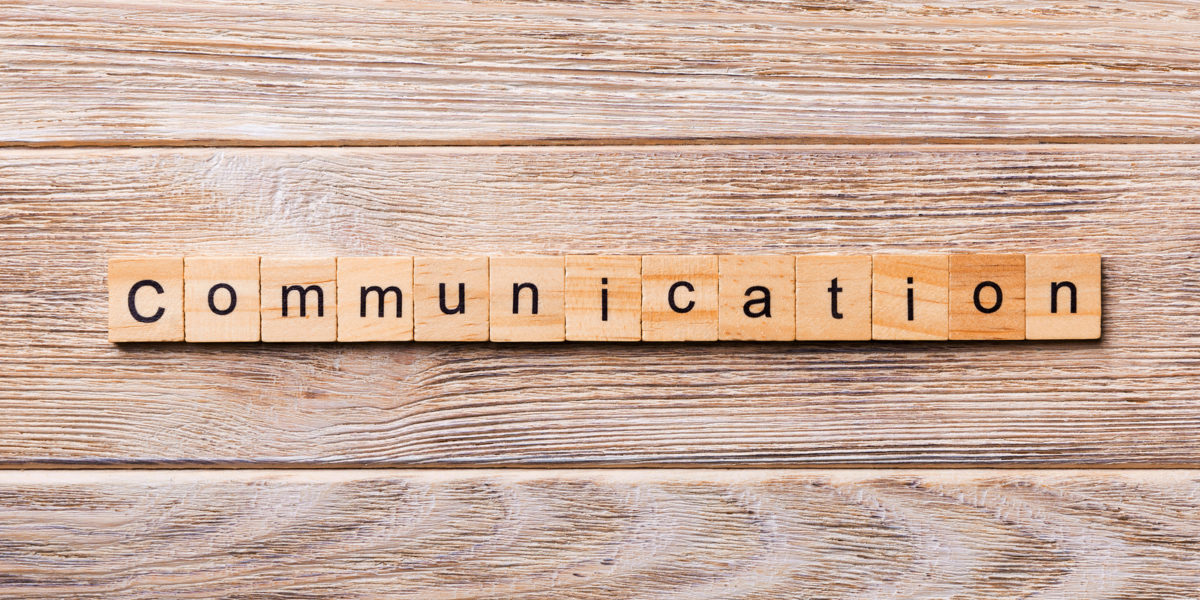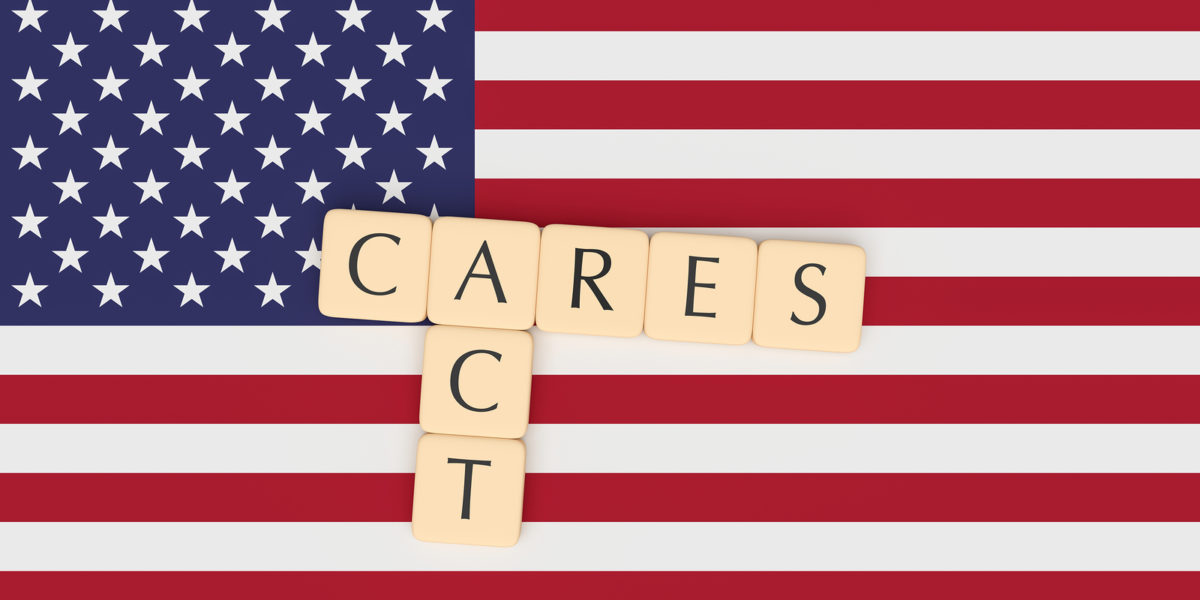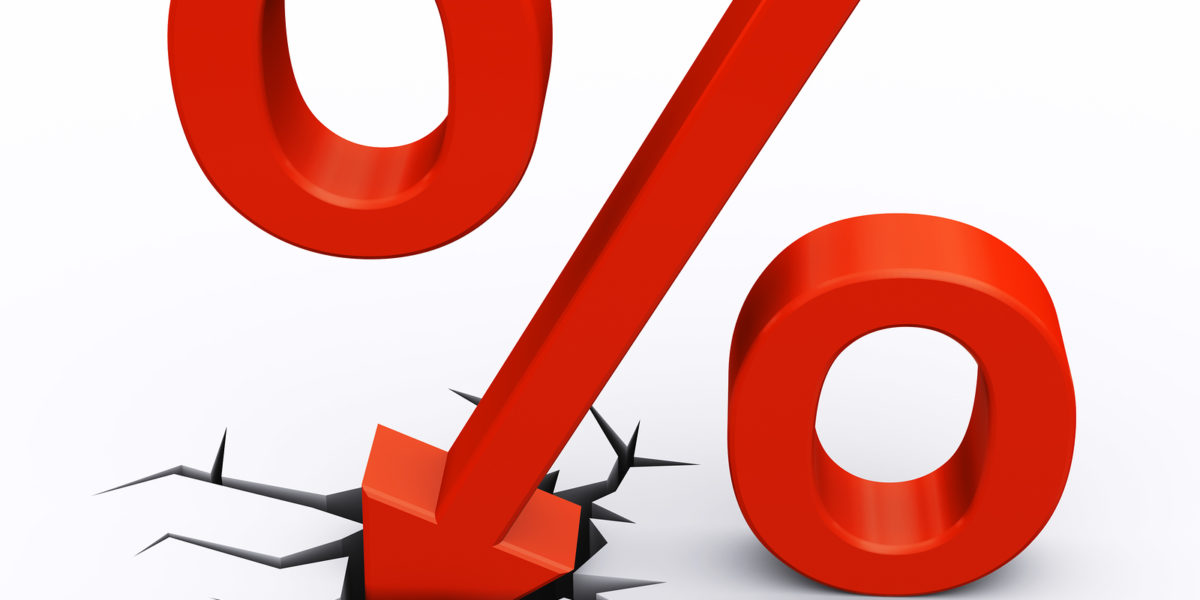Simplicity Digital Advisor
Inflation and Taxes Risk: Protecting Your Financial Future
As areas of the U.S. start to lift COVID-19 restrictions, Americans are starting to see the impact of increasing prices at the supermarket and the start of inflation. Here is the recommended steps toward protecting your financial future. While the CARES Act provided a one-time payment to individuals and for business stimulus, it will not solve our future economic problems since government action always comes with a price.
Sequence of Returns Risk: Impacting Your Retirement Portfolio
The sequence of returns impacts investors when they are either adding to or withdrawing money from their retirement portfolio, which can create risk depending on the sequence and the market conditions at the time. If an investor is not doing either, then there is no sequence of returns risk.
How to Have Safety Inside Your Portfolio
In today’s volatile market environment, investors seeking safety inside your portfolio must consider how any investment fits into their investment strategy. All investments have their place in retirement planning, but only if suitable and a part of an overall financial strategy using multiple types of investments, insurance products, and accounts. While investing is not without risk, there are critical elements to consider when building a portfolio:
Client-Professional Communicating During Times of Uncertainty
Communicating during times of uncertainty, with others, and your financial professional can be beneficial during any life-altering or world-changing event. For some, survival is their only plan when their financial resources are depleting. Others are more fortunate, and their finances are holding while they continue to work. But for most, dealing with COVID-19 and the aftermath can create a fog of uncertainty.
Emotional Investing in Times of Uncertainty
Investors want to enjoy a good night’s sleep each night because they’ve done their work, know what to expect, and that nothing comes as a surprise to them. However, in times of uncertainty, most of us let our emotions get the best of us, especially about our investments. Part of the luxury of a good night’s sleep is being financially educated and planning for when things don’t go as expected, as well as when they do. With the uncertainty of today, keep in mind what you can and can’t control and help avoid emotional investing:
The CARES Act, RMD, and Hardship Distribution Changes: What You Need to Know
The CARES Act (The Coronavirus Aid, Relief, and Economic Security Act) became law on March 27th, 2020. It contains significant legislation for Required Minimum Distributions (RMD) for those over age 70 ½ who have already started RMD. Under previous IRS distribution laws, a minimum distribution from a pre-tax retirement savings account, such as a 401(k), IRA, or other tax-sheltered accounts, would have to happen in 2020 to avoid the penalty for not taking a distribution. Under the CARES Act, no RMD is required for individuals or beneficiaries of inherited retirement accounts in 2020 due to COVID-19. How will this help investors?
Finding Safety in a Low-Interest-Rate Environment
When investors think of ‘safe investments,’ they tend to think of bonds or CDs, which calculate from a pre-determined timeline and interest rates. During a low-interest-rate environment, both provide safety, but not necessarily, the returns investors are seeking. Bonds and CDs have differing benefits and risks despite being viewed by investors as ‘safe.’
COVID-19: Negatively Impacting the Social Security Retirement System
COVID-19 has changed the way we interact with others and our ability to work. Currently, one in four worldwide confirmed COVID-19 cases is occurring in the U.S. The halting of economic activity is expected to damage our economy more than any other previous occurrence. While remote work is happening at some companies, many Americans are unable to collect their regular paychecks and are waiting on unemployment assistance from their state. Undoubtedly this will negatively impact Social Security tax collection and the Social Security Retirement System. Here’s why:
In Need of Tax-free Income in Retirement? Consider Life Insurance
When you think about tax-free income in retirement, the traditional vehicles likely come to mind. Such as your 401(k) or 403(b), traditional and Roth IRAs, and your personal savings account. What you may not consider, however, is that life insurance can also function as a form of retirement income – with tax advantages.
Crisis Preparation: 3 Things for Safeguarding Your Financial Future
Safeguarding your financial future is important.
Safeguarding your financial future is important. No one likes to think about the impact of their death on their loved ones. But the reality is, not having certain elements in place can turn a tragic situation into a financial crisis. Having these safeguards in place can help provide your family with the financial security they need should the unexpected happen.















